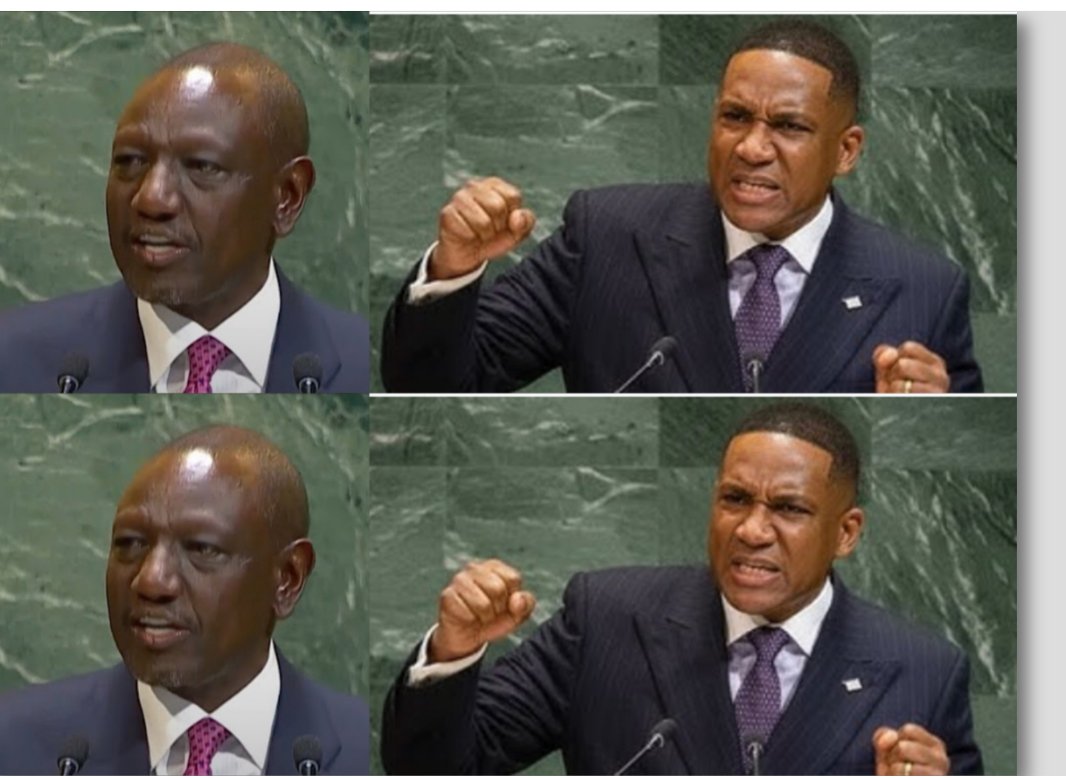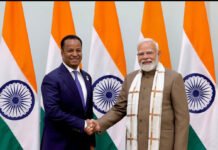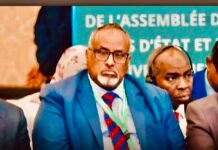NEW YORK, (HAN) – At the 78th session of the United Nations General Assembly (UNGA) in New York, Kenya’s President William Ruto and Botswana’s newly elected president delivered a powerful and thought-provoking address that has ignited global debate over Africa’s representation in international decision-making.
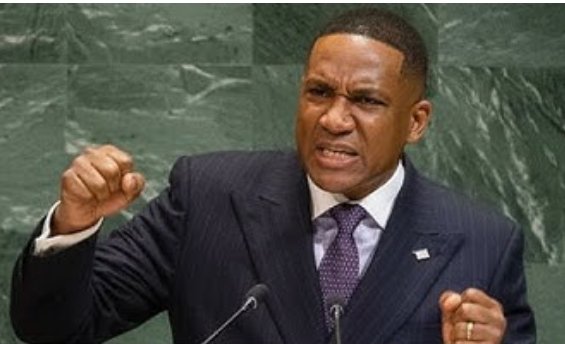
Speaking before world leaders, both leaders questioned why Africa, with its 54 sovereign nations, remains largely excluded from the UN Security Council, the body charged with maintaining international peace and security. Their remarks highlighted long-standing concerns about the imbalance in global governance and called for urgent reforms that reflect the political and economic realities of the 21st century.
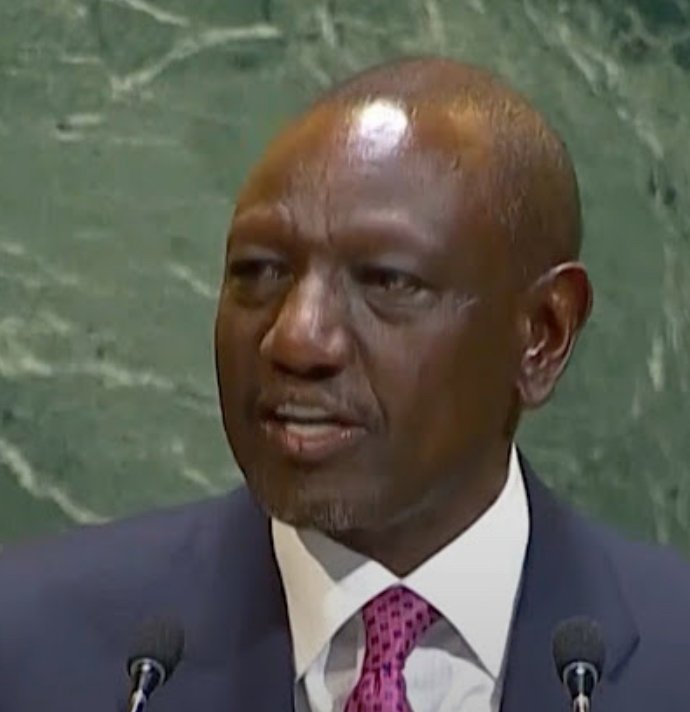
President Ruto, known for his outspoken advocacy for Africa’s development, stressed that the continent’s exclusion from key decision-making platforms undermines the credibility of the United Nations and limits Africa’s capacity to influence global policies that directly affect its people. He emphasized that Africa faces unique challenges—including security threats, climate change, poverty, and economic development—but has historically been sidelined in the world’s most critical forums.
“Excluding Africa from permanent decision-making roles weakens global governance and denies the continent the ability to contribute meaningfully to solutions that affect our people,” President Ruto said. “Africa has the population, the resources, and the strategic importance to deserve a permanent seat at the table.”
Botswana’s president echoed these sentiments, underscoring that Africa’s contributions to international peacekeeping, economic growth, and sustainable development justify its inclusion in the Security Council. “This is not merely about fairness; it is about effective and inclusive governance,” he stated. “Africa must have a voice in shaping decisions that determine the future of our continent and the world.”
The speeches drew enthusiastic applause from delegates and sparked discussions among diplomats, civil society groups, and media outlets. Observers noted that Africa’s demand for representation at the Security Council is not new, but the joint appeal by two influential leaders at a high-profile forum underscores the urgency of the matter.
Global analysts suggest that Africa’s representation on the Security Council is long overdue. Without reform, the continent will continue to wield limited influence over international decisions that affect its security and development. Advocates argue that granting Africa permanent or expanded non-permanent seats could strengthen global governance and enhance the legitimacy of the UN in the eyes of its member states.
The addresses have prompted widespread attention on social media and news platforms, with citizens and policymakers sharing opinions and debating whether Africa’s inclusion on the Security Council is long overdue. Many voices are calling for immediate action to ensure that Africa’s perspectives are incorporated into global decision-making.
As Africa’s leaders continue to push for reforms, the question remains: will the world heed their call and grant the continent its rightful place on the UN Security Council, or will Africa’s voice continue to be marginalized on the global stage?
